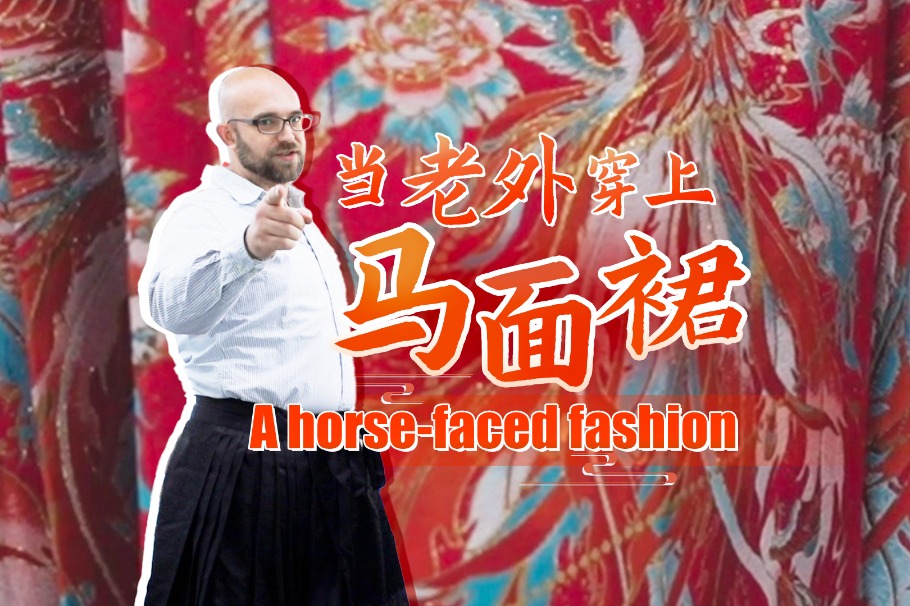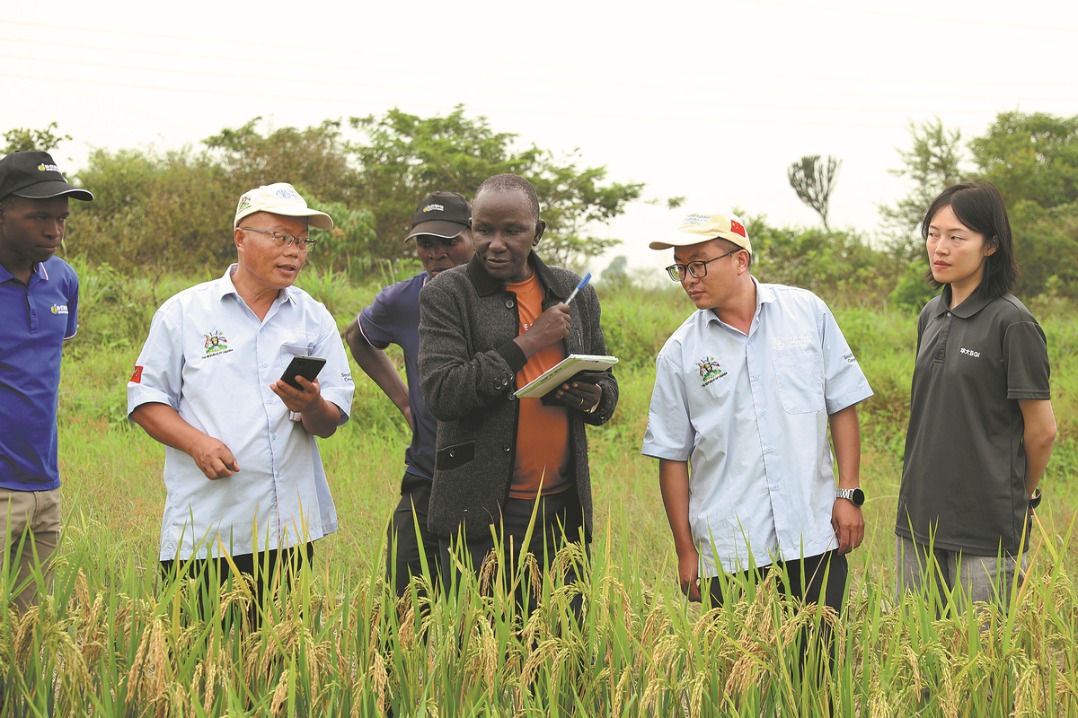This app could checkmate dating game
By Zhang Zhouxiang | China Daily | Updated: 2019-12-12 08:06

GEORGE CHURCH, a leading professor of genetics at Harvard University, is planning to create a dating app that can match users based on their genetic compatibility. China Daily writer Zhang Zhouxiang comments:
This is how it works: Two people considering going on a date take out their smartphones first and check each other's genetic table to see whether there are any undesirable genes that cannot be determined from outward appearance. Genetic deficiencies that might lead to diseases in offspring will be screened out first. Heart disease? No. Immune deficiency? No. Hemophilia? No.
Then comes the turn of harmless appearance characteristics. Eye color, height preference, curly or straight hair. In the end, only those with the genes that promise the users a perfect child will date.
It sounds terrible. If the app becomes a reality, it could split people into different camps based on the genes they carry.
Some might argue that even now people are not wholly equal to each other-there are the rich and the poor to begin with. However, one can always struggle to improve one's quality of life. Genes, on the other hand, are fixed, with no hope of changing at least in the foreseeable future.
Church didn't have this divisive goal in mind. In an interview, he said he hopes to let people know the genetic deficiencies in their mating partners so as to minimize the chances of giving birth to children with congenital diseases.
But he will not be able to stop the above-mentioned scenario.
The problem is not so much with genetic technology, which can help people detect possible diseases before birth, and possibly even cure them through gene editing. But it would be a mistake to let everybody know of each other's genetic information and make choices on that basis. The law is clear on the diseases the carriers of which should not marry, while hospitals have medical standards on what kind of potential hereditary diseases warrant abortion. Beyond that a person's genetic information should remain his/her own secret and not be made public without his/her consent.
That in turn calls for legislation. Gene sequencing is becoming increasingly popular with many people choosing to know their genes better. It is reaching a stage when it becomes urgent for the law to protect such information and avoid possible leaks.
























